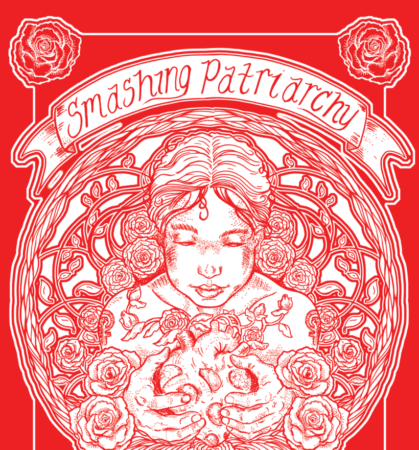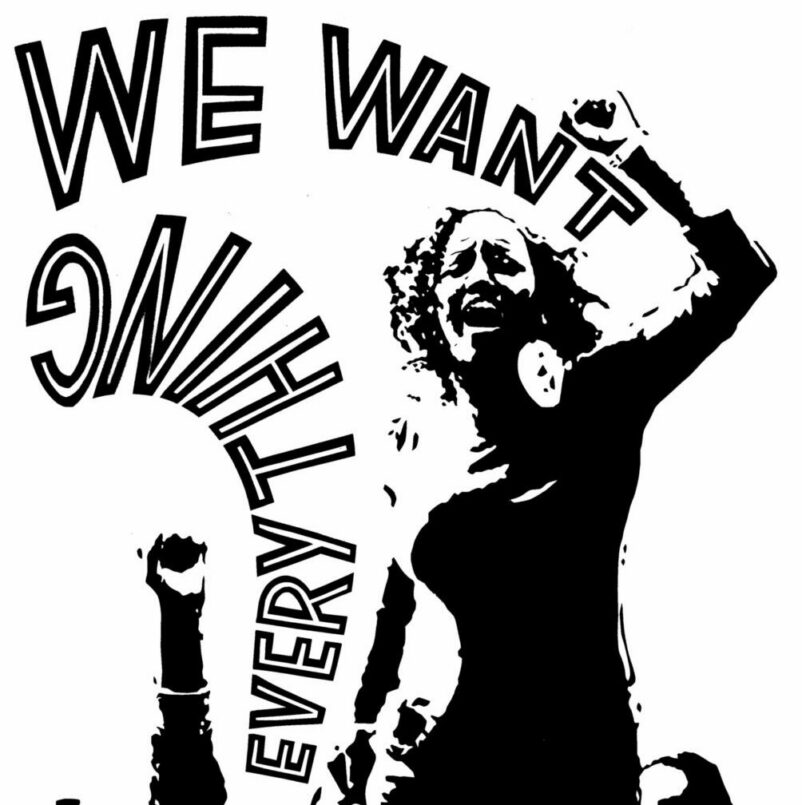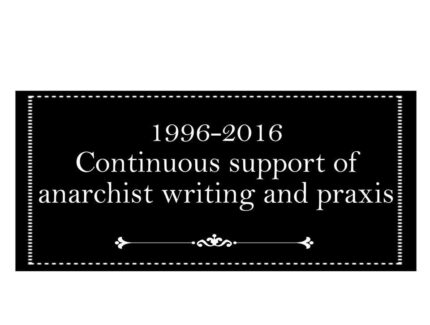This essay appears in the current issue of Perspectives on Anarchist Theory (N. 29), available here, from AK Press!
As a person who did not come to radical perspectives from academia, I’ve had quite the challenge trying to find community with people whose politics I respect.
I grew up in the suburb of Newton, Surrey, territory of the Katzie, Kwantlen, Semiahmoo and Tsawwassen peoples. I was an athlete and last-minute procrastinator who never understood why school should be taken seriously. Though I read newspapers every day, I didn’t have the words to describe the injustices I could see and feel. My lack of trust in the school system, and my dwindling trust in the politics of high level sports led me to believe I didn’t need validation from institutions. In grade 8, I started skipping class to find freedom. A couple of years later I found myself getting into hard drugs and failing classes. Eventually, I failed out of high school completely and was pretty proud about it.
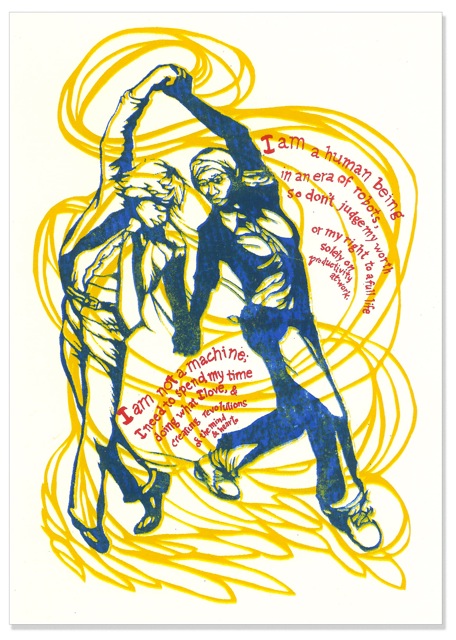
More than a missing diploma, more than my struggle with addiction, my biggest barrier to finding community in radical circles was a lack of exposure to their social expectations. I found very little compassion and support, and was often met with harsh judgment. Coming into these communities, I felt not smart enough and like an outcast. It took me years to understand the everyday language used in radical activist communities. Some words were long, some were short, but everyone said these words so casually I thought I would come across as stupid to ask what they meant. I’d go to talks and workshops, and some really smart dude would talk for an hour and then open up the space for questions. I remember feeling so lost by the jargon that by the end, I didn’t even know what the talk had been about. Clearly, I wasn’t going to ask the questions running around in my brain. “What do you mean by colonization?” “What is queer theory?” “Who is Marx!?” “Why are you speaking to us like my boring geography teacher?”
#IAS
Indigenist Intersectionality: Decolonizing an Indigenous Eco-Queer Feminism and Anarchism, by Laura Hall
This essay appears in the current anarcha-feminisms issue of Perspectives on Anarchist Theory (N. 29), available here from AK Press! Laura received an Institute for Anarchist Studies writing grant to complete this piece.
The violence enacted against Indigenous women and Two-Spirit/LGBTQ people evokes deep questions about the intent and impact of colonization in a Canadian settler and state context. The horrors of colonial violence—bodies were violated and abandoned at the sides of highways, in ditches, in rivers—tell stories of the vital importance of Indigenous women’s leadership, their warriorhood, their gifts and their medicines, and also of the centrality of gendered freedom and fluid belonging in Indigenous cultures. It is a system of colonization that seeks to erase and subsume these realities and to replace Indigenous truth with illusions of our weakness. We are at a pivotal moment now as state and settler voices seek to understand what is needed, and it is a pivotal moment best informed by threads of anarchist and feminist thought woven within Indigenous worldviews. Vital intersections are made between gender and Indigeneity because the conversation is always in danger of being rerouted by policing and state voices, as well as settler voices.1 The work that Indigenous women and Two-Spirit/LGBTQ people do on the ground—to renew our connections to culture, to renew the innovations and economies of our nations—needs more support in every way, from allies across intellectual lines.
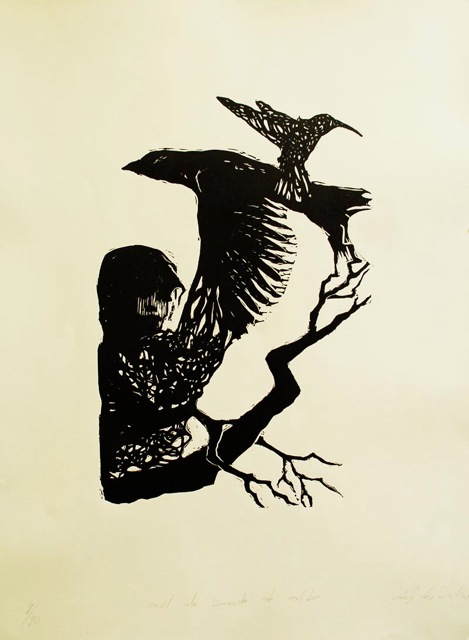
Coming to Terms: Rethinking Popular Approaches to Anarchism and Feminism, by Theresa Warburton
This essay appears in the anarcha-feminisms issue of Perspectives on Anarchist Theory (N. 29) available here from AK Press! Theresa is a past recipient of an Institute for Anarchist Studies writing grant. To save our movements, we need to come to terms with the connections between gender … Read more
Abolishing the “Psy”-ence Fictions: Critiquing the Relationship Between the Psychological Sciences and the Prison System, by Colleen Hackett
This essay appears in the current anarcha-feminisms issue of Perspectives, N. 29, available here, from AK Press!
Tiana is crying. She walks into the room, a large, powerful woman wearing a bland ensemble of a faded green top with similarly colored pants. The silent tears on her face are enough to quiet the many scattered conversations happening among us. Many of us try to make eye contact with Tiana, waiting for her to tell us what is wrong. She doesn’t speak. She doesn’t look at anyone. She sits and stares.
We’re all sitting in a classroom in a women’s prison. The space is filled with remedial educational materials for GED students, collages with magazine cutouts of models and vacation getaways, and clichéd motivational posters that inspire the incarcerated to become “ambitious” and “dedicated.” In the moments of silence that follow Tiana’s entrance, I’m reminded of the poster on the wall that lists the amendments to the US Constitution. On this poster the legendary constitutional change, the thirteenth amendment, only includes the part that formally abolishes slavery and does not include the part that says, “Except as a punishment for crime whereof the party shall have been duly convicted.” Every time I encounter suffering in that room, including my own, I remember that sterilized, whitewashed version of history hanging on the wall and cringe. And I rage, quietly.
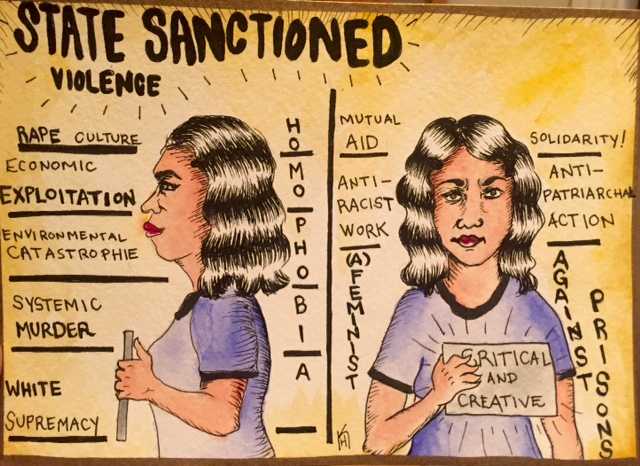
Support Radical Writing and Publishing with a Tax-Deductible Contribution!
Friends and comrades, we need you.
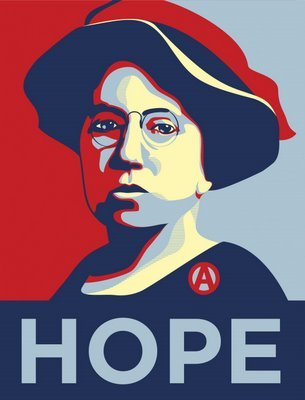
As 2016 gets its final punches in, many of us are looking for ways to find hope and positivity in dark times, to connect with those we care about, and to recommit to our collective struggles. If you are dedicated to creating a free society, if you believe in equity, liberation, and mutual aid—then here is a way you can help.
The Institute for Anarchist Studies relies on financial support from you to do its work. We are a largely volunteer-run organization—proof that a small number of dedicated individuals can produce inspiring results! Our goals are to further anarchist analysis and to spread the influence of anti-authoritarian ideas and praxis through reflection, dialogue, and education. Our work takes many forms, including:
- Grants for radical writers,
- Perspectives on Anarchist Theory magazine,
- Anarchist Interventions and other book series through AK Press,
- The Mutual Aid Speakers bureau,
- Sponsorship of educational events,
and more!
Until All Are Free: Black Feminism, Anarchism, and Interlocking Oppression, by Hillary Lazar
Black feminism has a particularly deep resonance with anarchist understandings of mechanisms of power, which similarly foreground a linking across all systems of domination. Again, this is important to note, so as to ensure that the impact of Black feminism on contemporary anarchism is not overlooked. This currency across the two schools of thought is also notable, however, as it very well may be the coming together of Black feminism and anarchism that is encouraging the shift in orientation away from a more fragmented conceptualization of struggle, and towards the idea of our struggles as interdependent. And, especially given the increased presence of anarchism in mobilizations since the Zapatista uprising in 1994, it seems plausible that the confluence of these streams of thought is having a powerful combined impact on radical political thought and culture.
Critique and Renewal: The Institute for Anarchist Studies at Twenty
Chuck Morse
I played a pivotal role in the early history of the Institute for Anarchist Studies (IAS). I conceived of it, drafted all the founding documents, selected the initial Board of Directors, led early fundraising campaigns, and anchored it as a whole. Although I have had … Read more
Feminism … Anarchism … Anarchafeminism, by Cindy Crabb
This three part piece by Cindy Crabb appears in the Anarcha-Feminisms issue of Perspectives on Anarchist Theory (N.29) available from AK Press.

Anarcha-Feminisms, Introduction
by the Perspectives Collective
This is the introduction to the anarcha-feminisms issue of Perspectives on Anarchist Theory (N.29). The whole issue is available again from AK Press here! Ok, editorial collective. Let’s talk this through. So, what are anarcha-feminisms and why do they need their own Perspectives issue? … Read more

